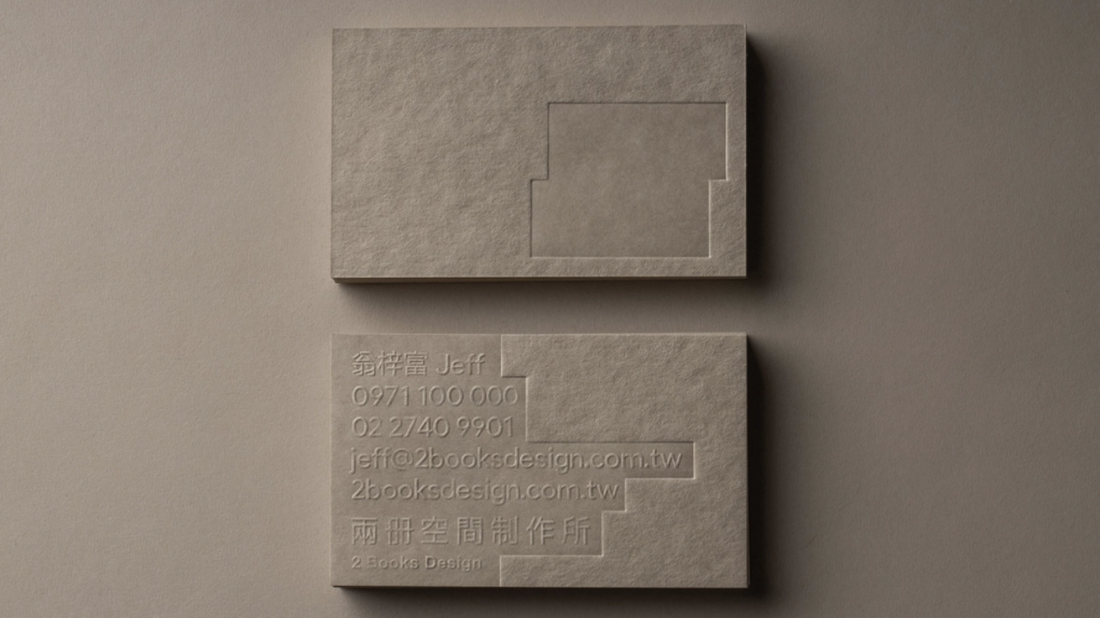在數位通訊和線上網路主導的時代,經常會出現名片是否仍然相關的問題。隨著線上列印服務的出現和數位聯絡人共享的便利性,傳統的名片可能看起來已經過時了。然而,仔細觀察就會發現,名片在商業世界中仍然佔有一席之地,儘管形式略有改變。
名片印刷的演變
隨著線上列印服務的引入,傳統的名片列印方法發生了顯著的變化。這些平台提供了廣泛的客製化選項,從設計模板到各種紙張類型和飾面,使創建獨特且專業的名片變得比以往更容易。線上列印服務還允許企業批量或按需訂購卡片,從而提供便利,這對於需求波動的小型企業或新創公司特別有用。
名片在網路中的作用
儘管已經進入數位時代,名片仍然是網路中的重要工具。它們提供了企業或個人的有形的實體表示,這比數位聯繫交流更令人難忘。在專業場合,例如貿易展覽、會議和商務會議,精心設計的名片可以留下持久的印象並促進後續互動。
品質和設計的重要性
名片的品質和設計也變得更加重要。透過客製化名片的各個方面(從紙張類型到印刷效果),企業可以創建反映其品牌形象並脫穎而出的名片。這種對細節的關注對於給人留下良好的第一印象和強化品牌形象至關重要。
名片的未來
雖然傳統名片仍然很重要,但未來可能會看到更多名片的創新用途。例如,一些名片現在包含可以連結到公司網站或社交媒體資料的二維碼,從而可以立即存取有關該業務的更多資訊。這種數位和實體元素的整合可以進一步增強名片在數位時代的實用性。
結論
總而言之,名片仍然是商業網路和品牌推廣的相關工具,特別是與線上列印服務結合使用時。它們提供了一種有形的方式來代表企業或個人,提供令人難忘的聯絡資訊交換,並且可以高度客製化以反映品牌形象。隨著技術的不斷發展,名片的作用也可能會發生變化,但它們在業務互動中的基本效用可能會持續下去。

